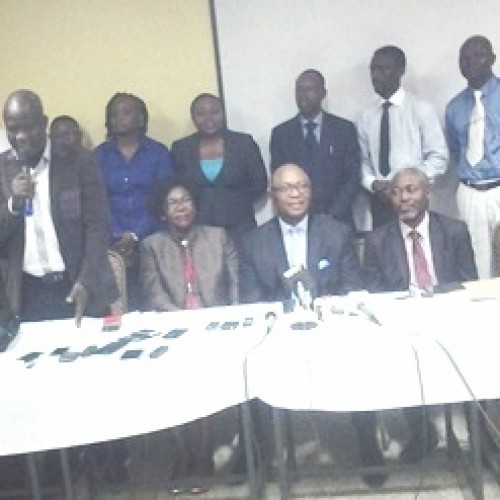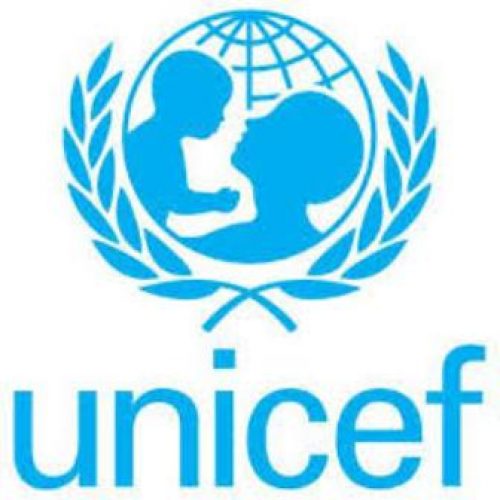Nigerians spent $1.58bn on health tourism, foreign education in six months, Central Bank data reveals
The data from the apex bank’s Balance of Payment compilation spanning the first six months of 2023 showed that Nigerians spent $245.68m on overseas health-related issues, $896.09m on foreign education, and $434.63m on other personal foreign needs.
The apex bank, in an explanatory note titled, Note D, defined Balance of Payments as “a systematic record of economic and financial transactions for a given period between residents of an economy and non-residents.”
Medical tourism and foreign education have continued to put pressure on foreign exchange demand in the country, according to experts.
Poor health infrastructure has been cited as one of the reasons why Nigerians travel abroad for proper health services.
Commenting on this, the National Vice Chairman of the Joint Health Sector Unions, Dr Obinna Ogbonna, recently told The PUNCH, “Nigerians who are well-to-do lack confidence in our medical facilities. Even though we have well-trained personnel that can handle all medical cases, the infrastructure and the equipment are not adequate.
“These prefer to spend their money abroad, but when they get there, it is still Nigerian doctors that will attend to them. We hope President Bola Tinubu will make our health centres attractive by putting up standard infrastructures and equipment that are up-to-date with the current emerging diseases ravaging the country.”
The country is making moves to reverse the trend of medical tourism amidst declining revenues. A bill seeking to prescribe a jail term of seven years and, or a fine of N500m recently passed a second reading at the House of Representatives.
Very recently, the late Ondo state Governor, Rotimi Akeredolu, spent months away in Germany for medical reasons.
According to the President of the Medical and Dental Consultants Association of Nigeria, Prof. Aminu Muhammad, the best time to reverse the trend of medical tourism is now.
He told The PUNCH in an earlier interview, “The government and the medical practitioners can reverse the trend. You know that the affordability of people travelling will be restricted to a few people because of the rising exchange rate, so the best time to reverse the trend is now, everybody wants the forex to be okay, and now is the best opportunity to do so.”
Recently, the Federal Government allocated N1.33tn to the health sector in its 2024 budget, a 23.15 percent increase from the N1.33tn the sector got in 2023.
Nigerians migrating for education has become a new norm considering the sorry state of the country’s economy and security situation. Recently, the Open Doors Report, published by the Washington-based Institute of International Education, revealed that the number of Nigerian students studying in the United States rose to 17,640 in the 2022/2023 academic session from the 14,438 that moved in the 2021/2022 session.
In 2022, Nigerians spent about $1.01bn on foreign education in 2022, a 40.36 percent increase from the $720.05m that was spent in 2021.







0 Comments
No Comments Yet!
You can be first to comment this post!